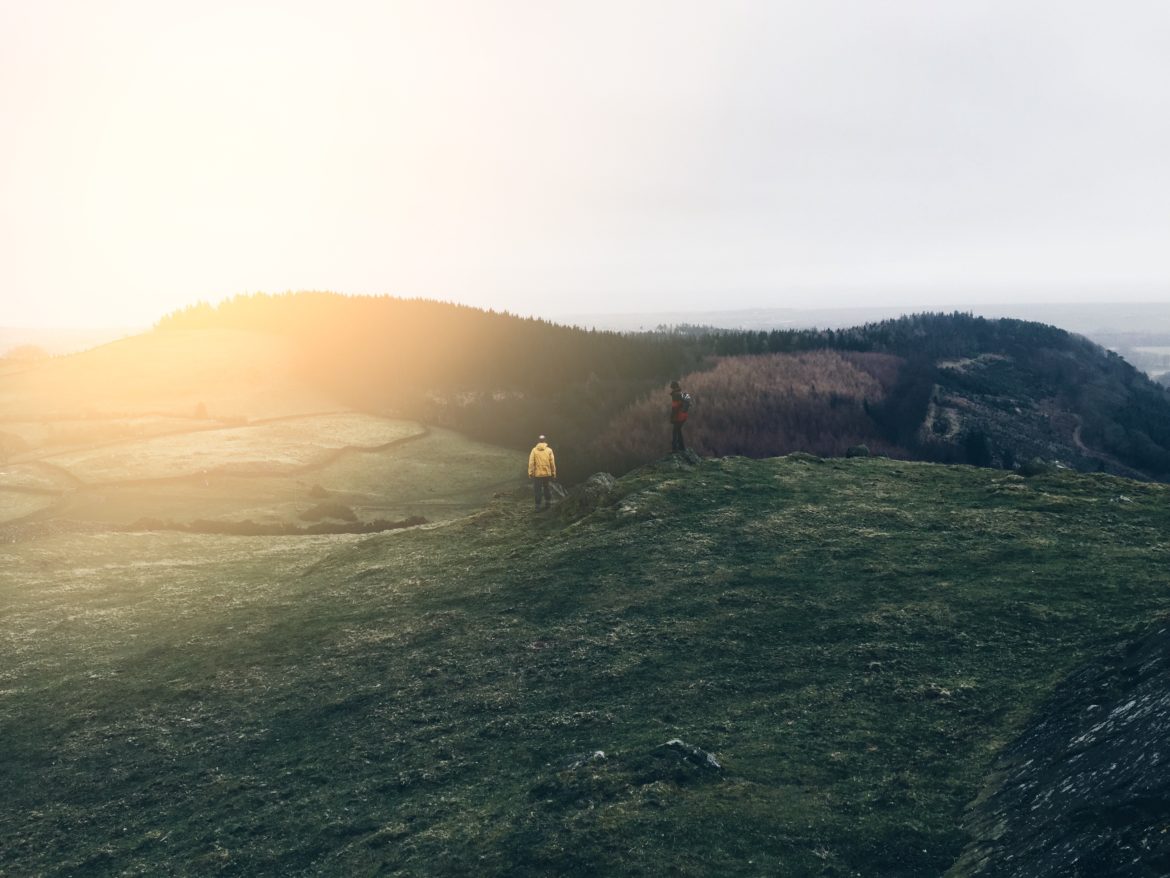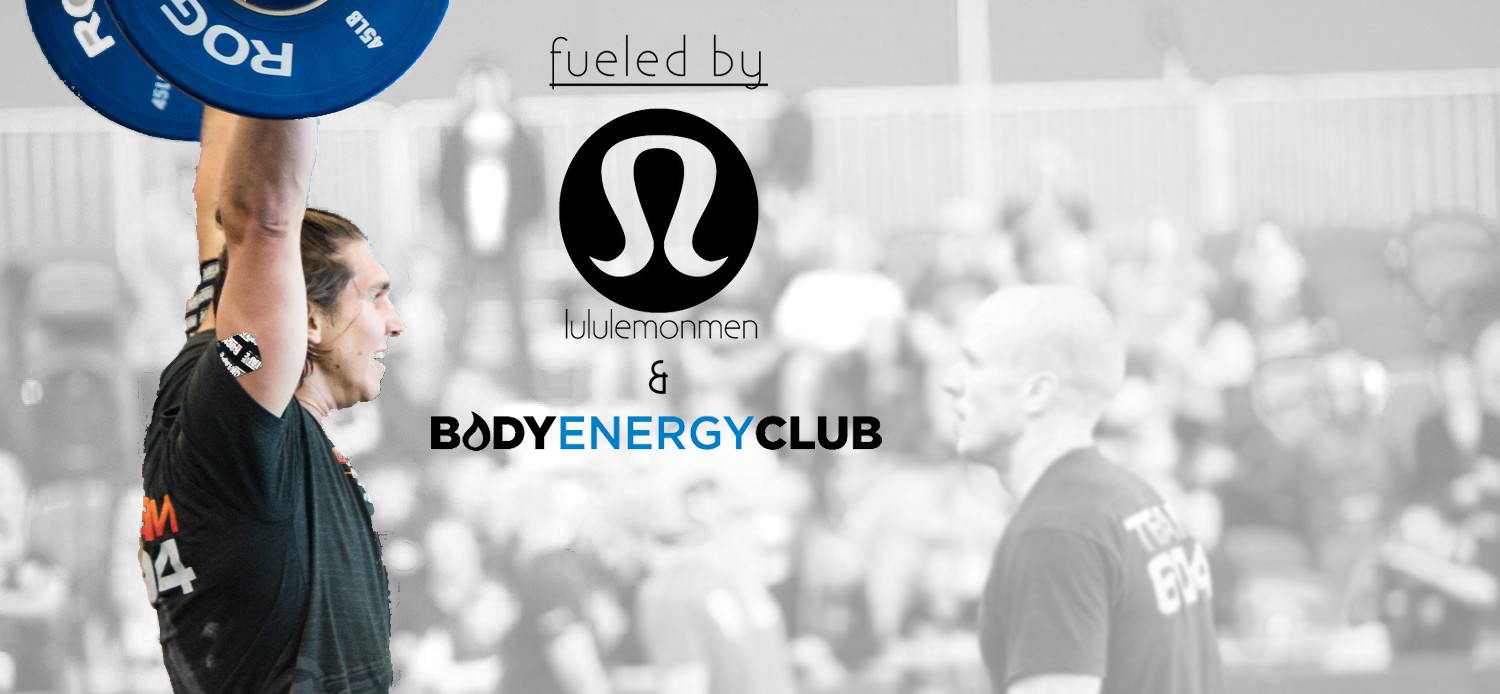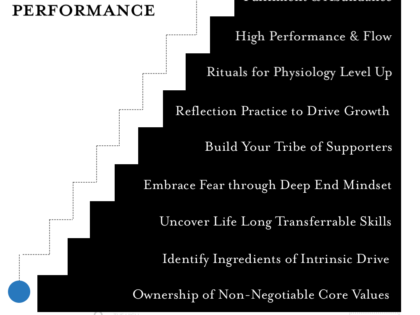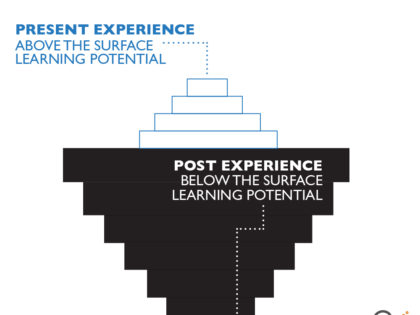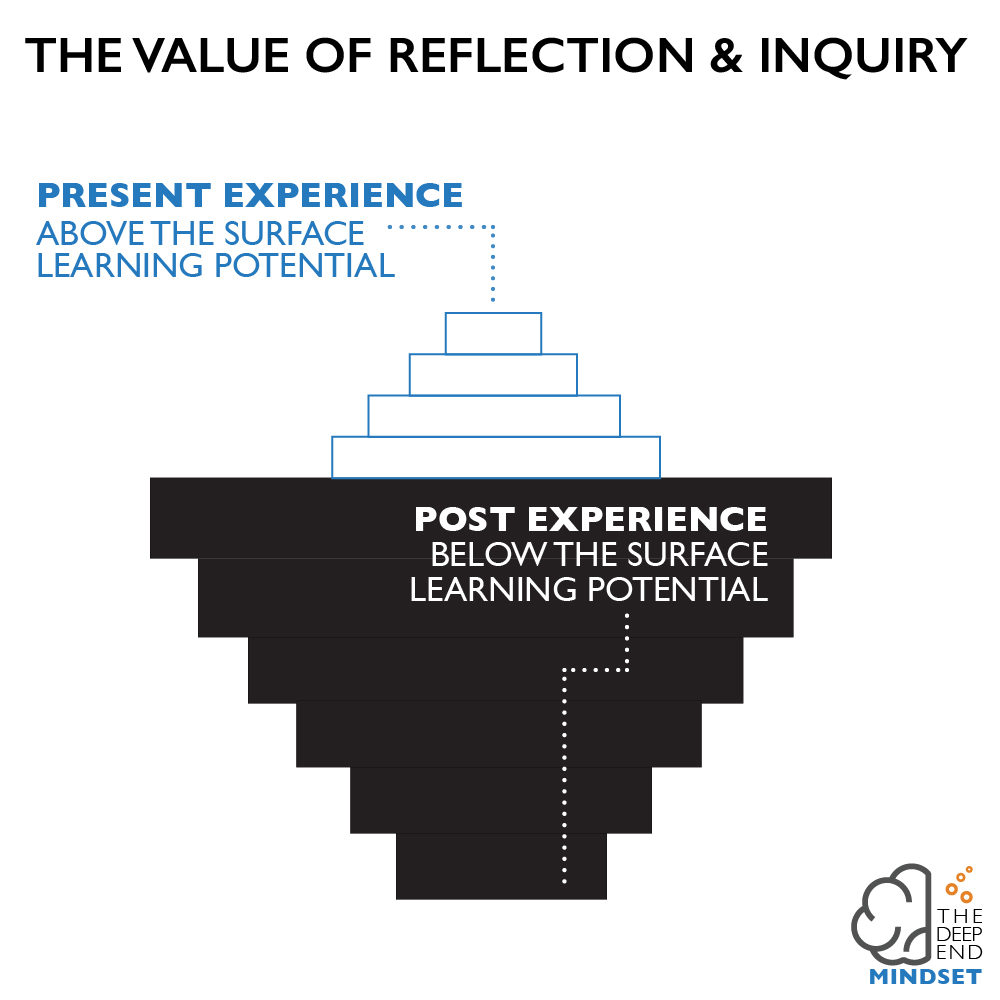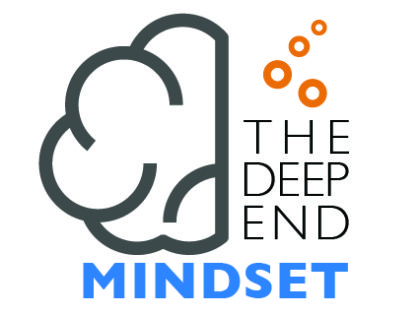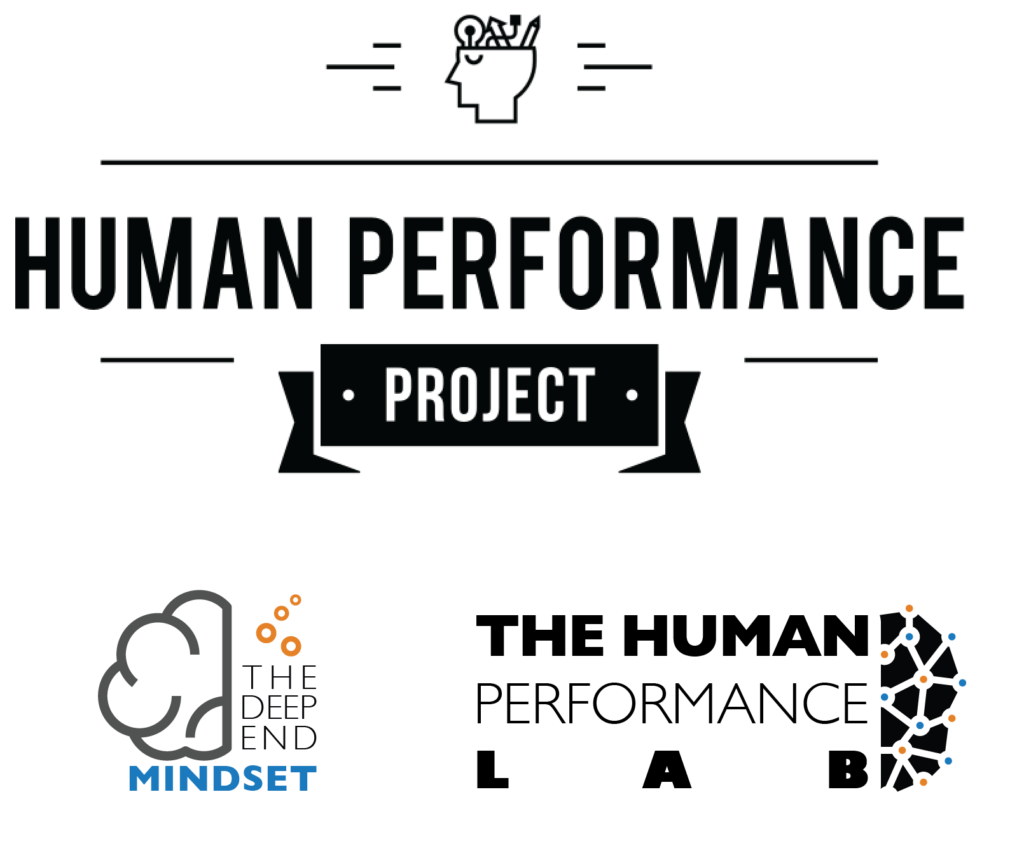Every morning I wake up with two questions on my mind:
- how am I going to pull this off?
- what the heck am I doing?
And each morning I sit with the realization that I have answers for neither. Whether in the boardroom or discus pit I acknowledge that the future is unknown and challenges many and intimidating.
Fortunately, this isn’t a new home for these questions in my head. I’ve been here many times before.
This is the archetype of my life.
And with a deep breath I find a sliver of happiness in this pilgrimage because it has made me comfortable with the discomfort. It’s made me comfortable to ask these questions day in and day out and not have an answer, or worse yet feel that in any given day the answer is not a positive outcome.
This scares the hell out of me.
But it also fuels me. Because if I peel that layer of doubt and fear back and go one step deeper I realize that I am loving the work that I am doing. I am loving the daily challenges I encounter and I can’t imagine being in a more exciting and thrilling space.
And again in moments of doubt if I dig a layer deeper I get a visceral and confidence and inspiring sense that the vehicles I’m using to push myself to the limits are perfect for my life today.
It becomes a simple equation — “am I filling up the most fundamental buckets of my life?” — lofty goals with extreme challenges, positive influence and impact, leading individuals and high performance teams.
The answer today, is undeniable yes.
And I know I’m juggling a fine line. Noted by moments of stress and overwhelming panic, jaw clenching intensity and passion. I’m hyper aware of this juggling act but also acknowledge that at this point in my life, I’m thriving being on the deeper end of that equation.
This is more than just a gut call. Time and time again I’ve re-examine the times in my life where these challenging questions haven’t been present. I haven’t required those tough conversations of myself, my teams, my family. Ultimately with the lack of this discomfort, I totally disengage. It’s not hard enough. It’s not challenging enough.
No fun.
I am actively defining my North Star of intentional living.
And this feeds the empowerment to be comfortable with the discomfort. Knowing that if the discomfort wasn’t there with it’s huge risks and greater opportunities, I wouldn’t be a happy person. I wouldn’t be the person I am, constantly striving for growth, learning and deep understanding in all walks of life from career to sport and back home with my family.
I know I am giving many things up to walk on this path. Giving up a bigger pay check to lead and have influence, giving up fame and attention to navigate a humble pursuit of an obscure sport and far off dream.
These sacrifices are the harder rights and the greater truths I am seeking in my life.
And so I leave this conversation with an acknowledgement for myself…
Asking the tough questions day in and out with no answer is also okay. Letting these conversations find a place in my being and soul is okay.
If.
And it’s a big if.
If I can lie in my bed each night revisiting the conversation with myself during the day and say “you know what, those questions still don’t have answers… but man I kicked ass today. I could not be more excited, energized and grateful with the life I got to live today.”
If everyday I can live within the flow this conversation with myself…
I don’t need anything else in life.

